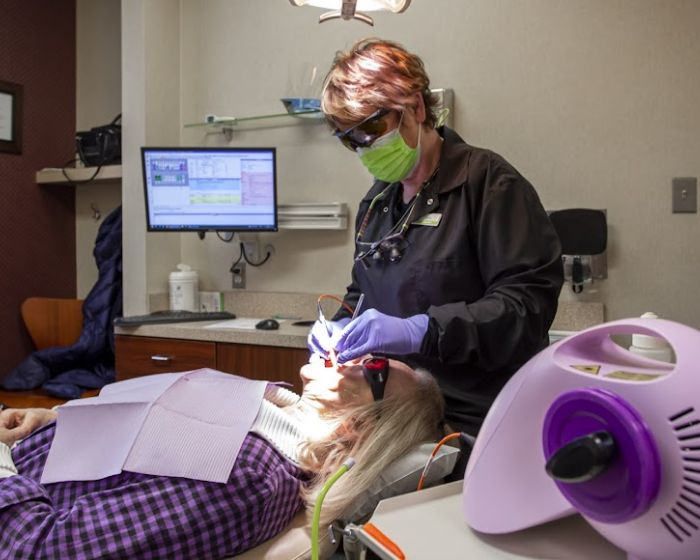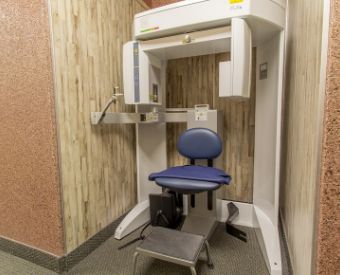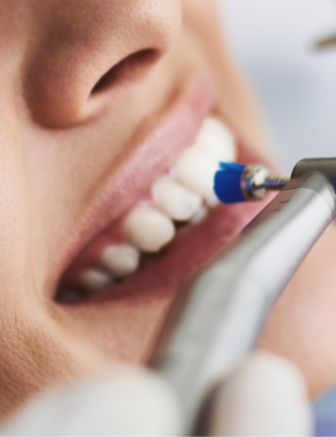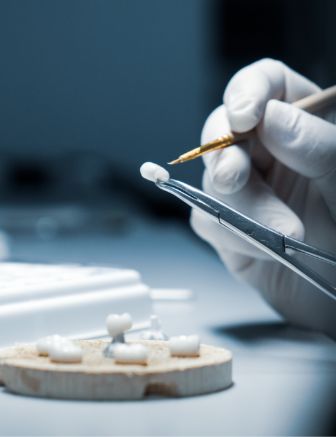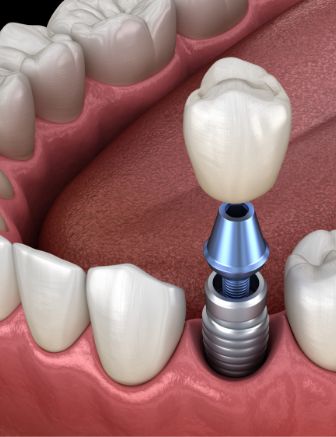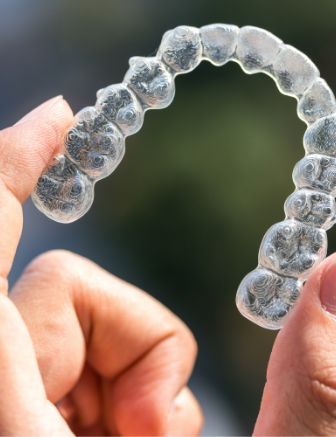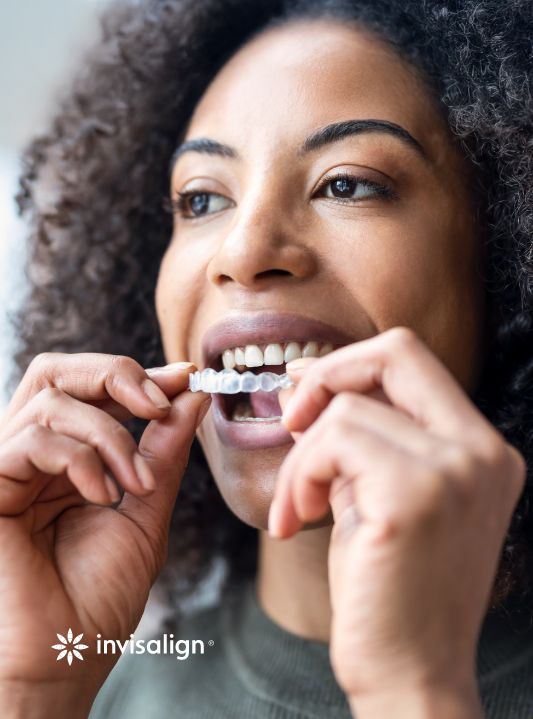Dentist New Baltimore
Excellence is more than just a name.
For our team, excellence means providing the highest level of personalized care to our patients. We can take care of all of your needs because our New Baltimore dentists are masters of their craft, offering everything from checkups and cleanings to Invisalign and dental implants.

